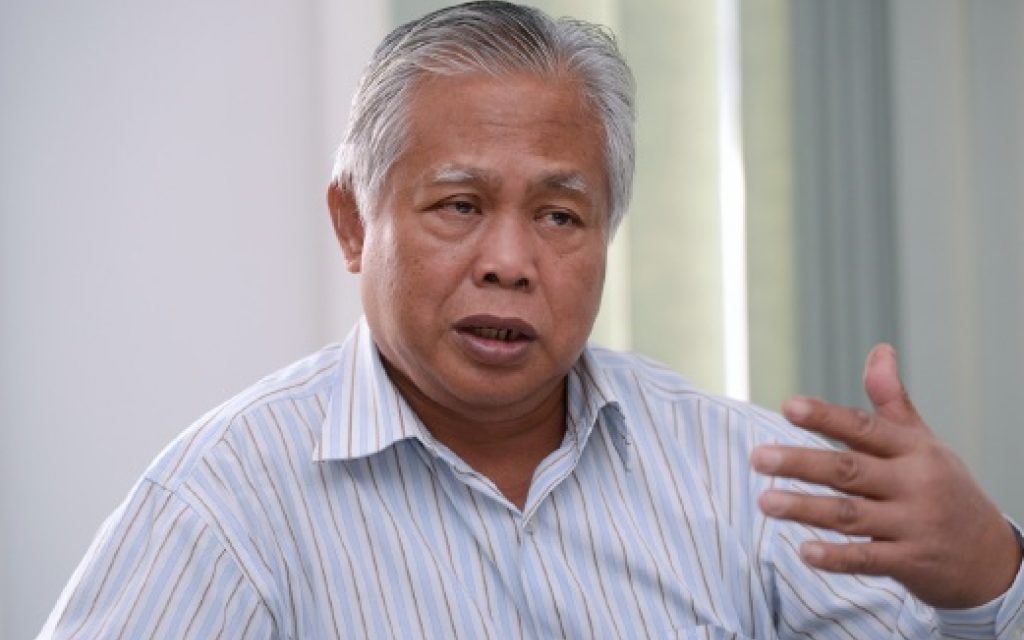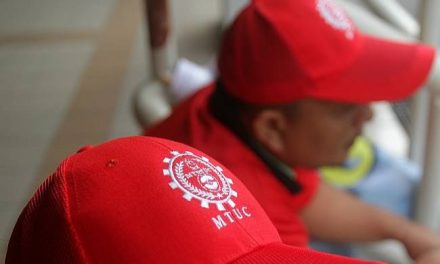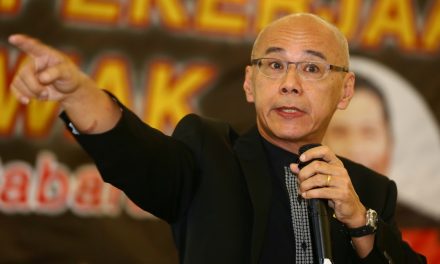PETALING JAYA | Employers are in the dark about the proposed changes to the Workers’ Minimum Standards of Housing and Amenities Act that will make it mandatory for those in the industrial sectors to provide centralised accommodation for their employees.
Malaysian Employers Federation (MEF) executive director Datuk Shamsuddin Bardan said that in a discussion with the government, employers were made to understand that it was something to be done on a voluntary basis.
“We were made to understand earlier that if employers or any central housing provider wish to provide centralised housing, then yes, they may do so and there are certain parameters they need to fulfil.
“If you say it is compulsory for employers to provide centralised housing, then that is news to me.
“We never discussed that.
“What I know is that in our discussion, it was something that is supposed to be on a voluntary basis,” he added.
Shamsuddin said that among the criteria discussed was that employers, if they are providing accommodation for workers, must fulfil all the necessary requirements set by the local authorities and obtain approval from the Labour Department.
“Employers also must ensure that there are enough facilities and that there is separate accommodation for different genders,” he said.
Shamsuddin also added that the idea behind the centralised accommodation was that employers would be able to share the facilities to house their workers and that it was not necessary for each employer to provide their own housing.
“The employers would place their workers within an accommodation system and the housing provider must ensure the safety and hygiene of the place.
“This is very much modelled after Singapore and some Middle Eastern countries,” he added.
Master Builders Association Malaysia president Foo Chek Lee said employers were consulted by the government and had aired their respective concerns, but that the final Bill was not revealed to them.
“Therefore, we did not know what would be in the final Bill,” Foo said.
He also urged the government to look into the practicality of making it compulsory for employers to provide centralised quarters.
Foo, whose association has some 17,000 members, said many of those in the industry are sub-contractors who only work at a certain location for only a few months.
“How are they going to put their workers in one fixed place?” he asked.
He also questioned the practicality aspect as, for example, it would be impossible to build centralised accommodation in land-scarce Kuala Lumpur.
“You would have to build it very far like in Sungai Buloh or Kajang.
“The problem is logistics,” Foo added.
He said the government must allow for the employers to rent houses for their workers as long as the housing complies with the minimum standard of living.
Federation of Malaysian Manufacturers (FMM) president Datuk Soh Thian Lai said there was a need for private investors to look into building hostels, so that industrial sector employers could rent these out to their workers.
FMM, which has 3,200 direct members and 7,000 indirect members, of which about 75% are small and medium enterprises (SMEs), said that it was not feasible to depend on employers to build the housing as some only have about 10 workers.
“Someone must invest in this, not the employers. Unless the employers employ thousands of workers, then only will they be able to do it,” he added.
MTUC president Datuk Abdul Halim Mansor suggested the government consider making it compulsory for employers to provide allowances for local workers who did not need to stay in the centralised housing.
“Some of them stay with their families and don’t need housing like others. So, a form of allowance should be given to them to compensate for this,” he said.









